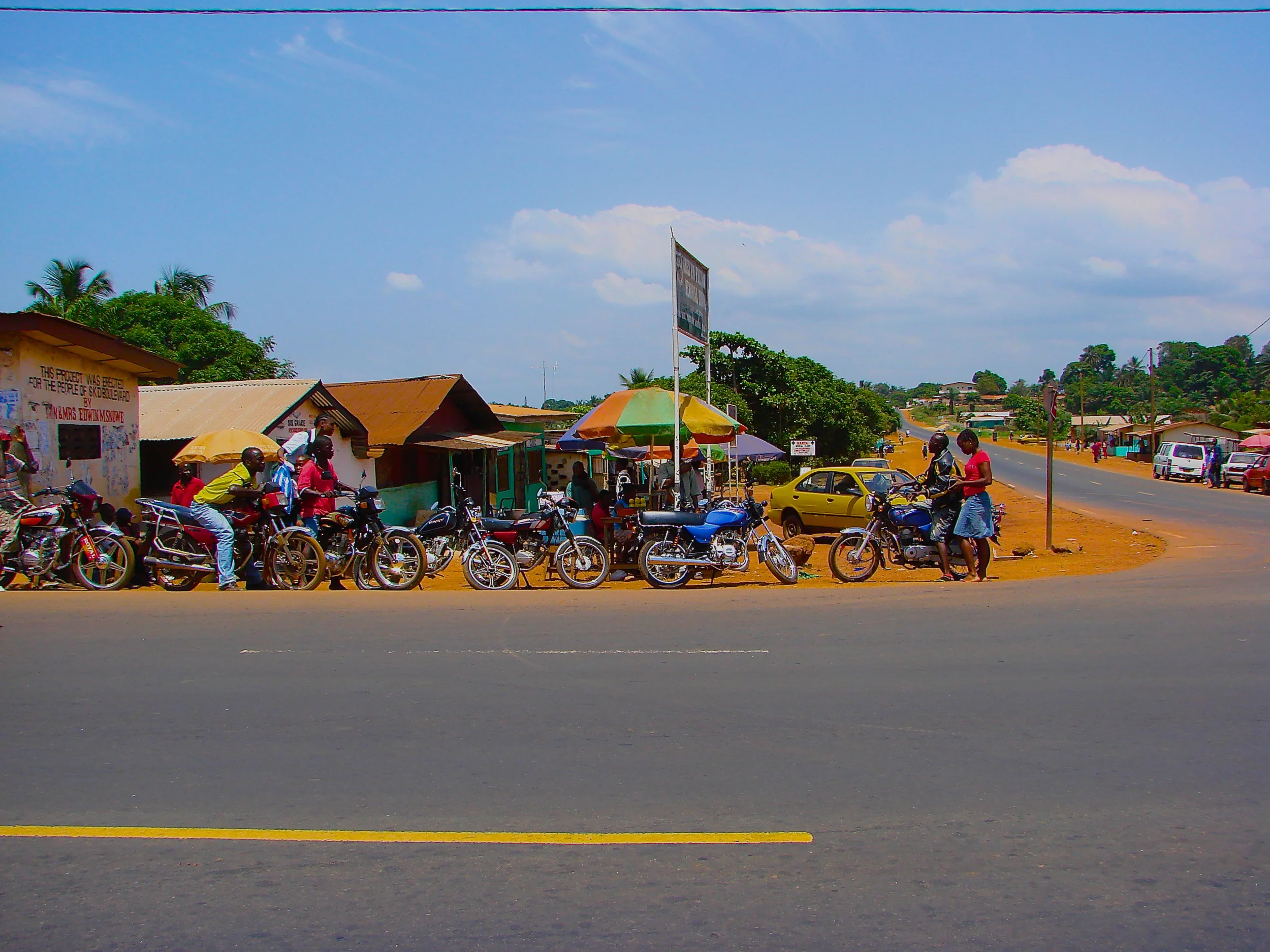No One Truly Knows a Nation Until One Has Been Inside its Jails
/Written by Jean Oelwang, exclusively for the A3A criminal justice blog series. Title quote from Nelson Mandela.
I grew up thinking America was the greatest place on earth, a land of freedom and opportunities. Where my father came from humble beginnings and worked hard to give us everything we needed in life. I grew up proud to be an American.
Today I’m ashamed. I’m ashamed that in this land of plenty, we are marginalising the most vulnerable people in our American family. We spend our energy on reality TV politics focused on sound bites and cheap shots, rather than thinking about how we work together to tackle the tough issues and fix our nation to ensure everyone has a chance.
We are only 5% of the world’s population, yet we have 25% of the world’s prisoners in our criminal “justice” system, many of them for minor drug offences, many of them people of colour. We say the right “politically correct” things, but in our real life reality show, our systems are poisoned with racial discrimination, perpetuating the hidden apartheid of our time, right here in America.
Mandela once stated “It is said that no one truly knows a nation until one has been inside its jails”. If he were to visit our jails today, he would find them filled with the most vulnerable Americans; people who are mentally ill, who have addiction problems, who have often suffered abuses in their lives that we will never even begin to comprehend. Mandela’s first question would likely be, how are we taking care of these folks? We would have to respond that we are putting them in solitary confinement, putting them back out into the streets with a “black mark” on their records so they will struggle to find work, giving them no help with their addiction and mental health issues and in the worst case, actually executing them (it feels barbaric to even write those words). What would he think of our nation?
My first brush with “justice” was when I was working in a homeless shelter in Chicago and a young man who lived at the shelter was accused of pulling a knife on a woman on a public bus. Yet there was no knife, no wound, no witnesses, nothing to implicate this young man, beyond this woman’s accusation. A group of us went to court as character witnesses for him, a quiet, gentle soul, very excited to be training to become a chef. During the trial he was given a lawyer who was late each day and more focused on eating his lunch in the courtroom than on defending him. So, with absolutely no evidence, he was convicted and ended up joining the ranks of over a million other men of colour in the US prison system. His young life abruptly interrupted by a complete lack of justice.
Justice is a tricky thing. It is often warped by righteousness, biases and the desire for closure. Over the last year we’ve been watching with horror as Richard Glossip escaped the execution chamber in Oklahoma four times, each time with his children and family standing by up until the very last minute.
The primary evidence against him is the testimony of Justin Sneed, the actual murderer, who spared his own life by pointing to Richard Glossip as the instigator of the crime.
Today I’m ashamed to be an American. All of us have the blood of over 1.421 people who have been executed under our watch.
How can we ever expect to be a nation leading through moral courage on the global stage if we are not demonstrating this in our own backyard?
We can change this and bring justice back into our criminal justice system. There are many great folks like Bryan Stevenson, Van Jones, Sister Helen Prejean, The 8th Amendment Project– and others who are already on the path to delivering positive reform. As philanthropists, business leaders and fellow human beings, we need to step up and support their important work.
Every single one of us can and must take action. So we can all stand up and respond to Nelson Mandela’s question with pride, that we are a nation who takes care of its most vulnerable and one that creates opportunities and freedom for all.
Jean Oelwang is President and a Trustee of Virgin Unite, the entrepreneurial foundation of the Virgin Group.. In 2003, Jean left her post as joint CEO of Virgin Mobile Australia to begin working with Richard Branson and the Virgin staff from around the world to create Virgin Unite. Over the last 12 years, Jean has worked with partners to create new approaches to social and environmental issues, such as the Branson Centres of Entrepreneurship and a global platform to support budding entrepreneurs. She has helped incubate a number of global leadership initiatives such as The Elders, the Carbon War Room, The B Team and Ocean Unite. In addition, Jean has been instrumental in working with Virgin’s businesses and others worldwide to put driving positive change at their core. Connect: @JeanOelwang | @VirginUnite | Virgin.com/unite









